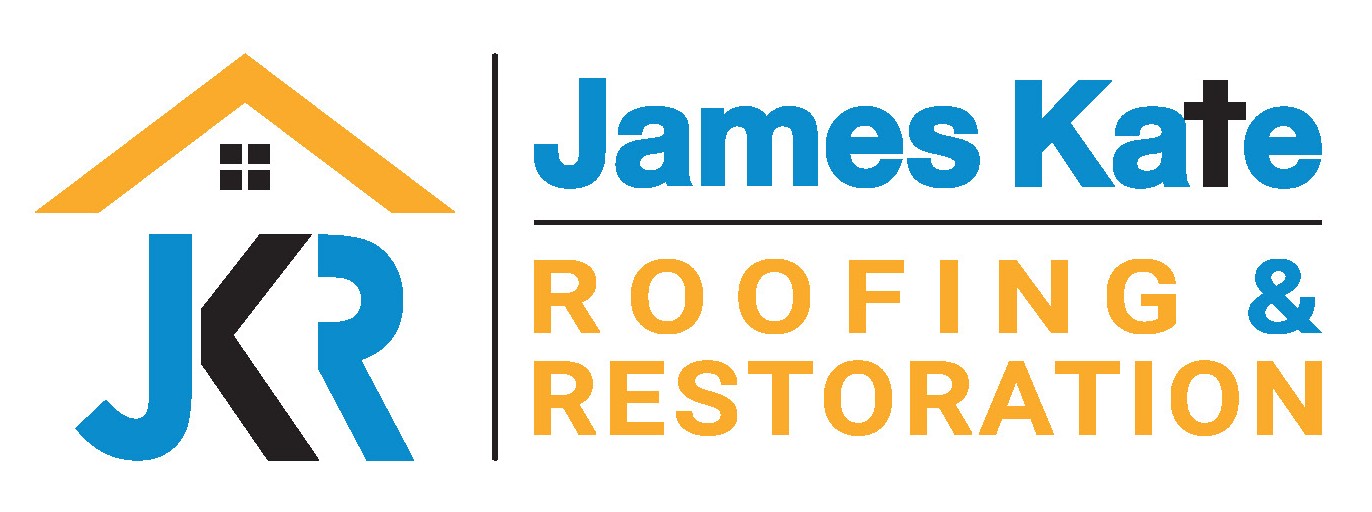Most people think a roof is just a roof, residential or commercial. Those who know a bit about the complexity of roofing structures understand that there are certain differences between various roofing systems.
Technically, there are several differences between a commercial and a residential roof. Generally speaking, the main function of a roof remains the same: to protect the property from external damage.
However, differences lie in roofing designs, materials and maintenance. Understanding these differences can help you choose a better roofing system as well as maintain it properly to make it last longer.
1. Roofing design and structure
Design is a major difference between the two roof types. Commercial roofs either have a very slight roof or are completely flat. This is because flat roof installation and maintenance is easier for larger spaces. Shopping malls and other commercial spaces thus often choose to go with flat roofs.
On the other hand, residential roofs almost always have at least a slight slope. Most property owners choose to have a steep slope as they make it easier to maintain the roof. A sloped roof is easier to install for smaller roof spaces offered by residential properties.
2. Roofing materials and options
The roofing material depends on three major factors: budget of roofing project, weather conditions in the region, and maintenance required by various roofing materials.
As such, materials which are budget-friendly for larger spaces are preferred for commercial buildings. Other than costs, strength of material matters for commercial roofs as well. Hence, options such as EPDM and modified bitumen are frequently used.
Residential buildings often have much more flexibility and can choose eco-friendly options, including asphalt shingles. Due to smaller roofs, these options remain cost-effective for residential properties.
3. Fixing roofing issues
The types of roofing issues that may come up and steps needed to prevent and address these issues differ among these two roof types. This is why experts in residential roofing can’t help you with a commercial roofing project and vice versa.
However, those who have experience with both can help you in choosing the best roofing option. Our roofers also inform clients about maintenance tips for particular roofing system.
With expertise in both residential and commercial roofing systems, we are the preferred service provider for most property owners. In addition, you can avail our expertise in a number of different service areas.
